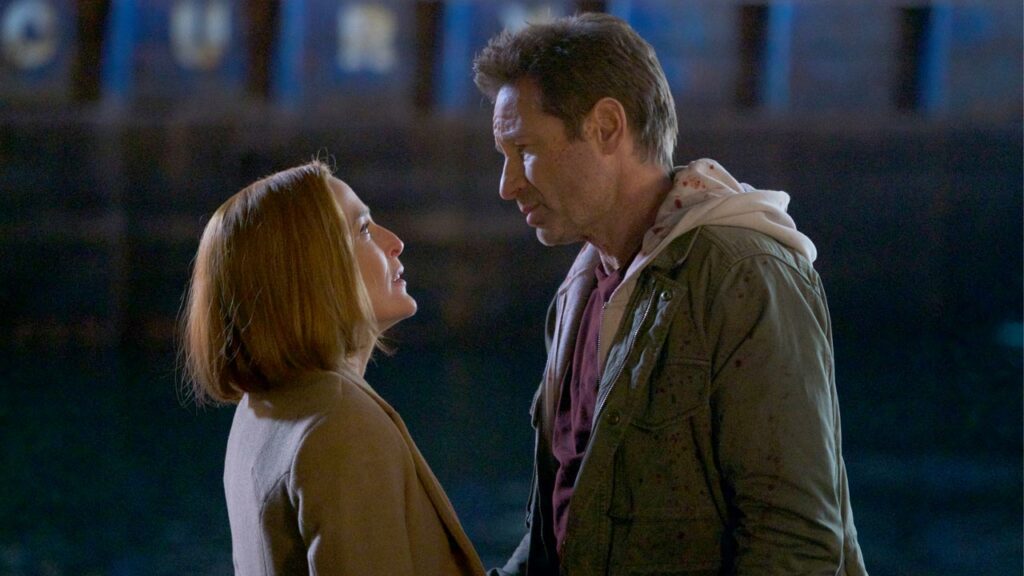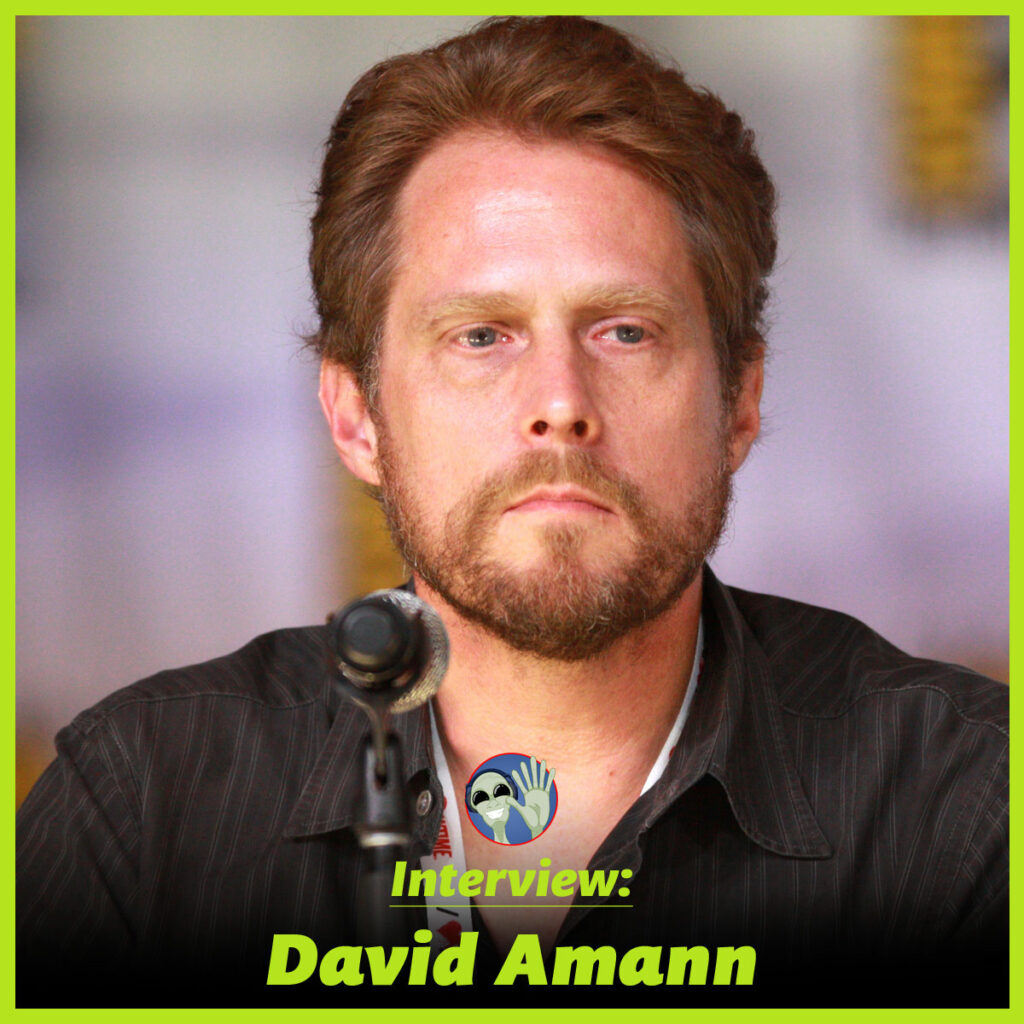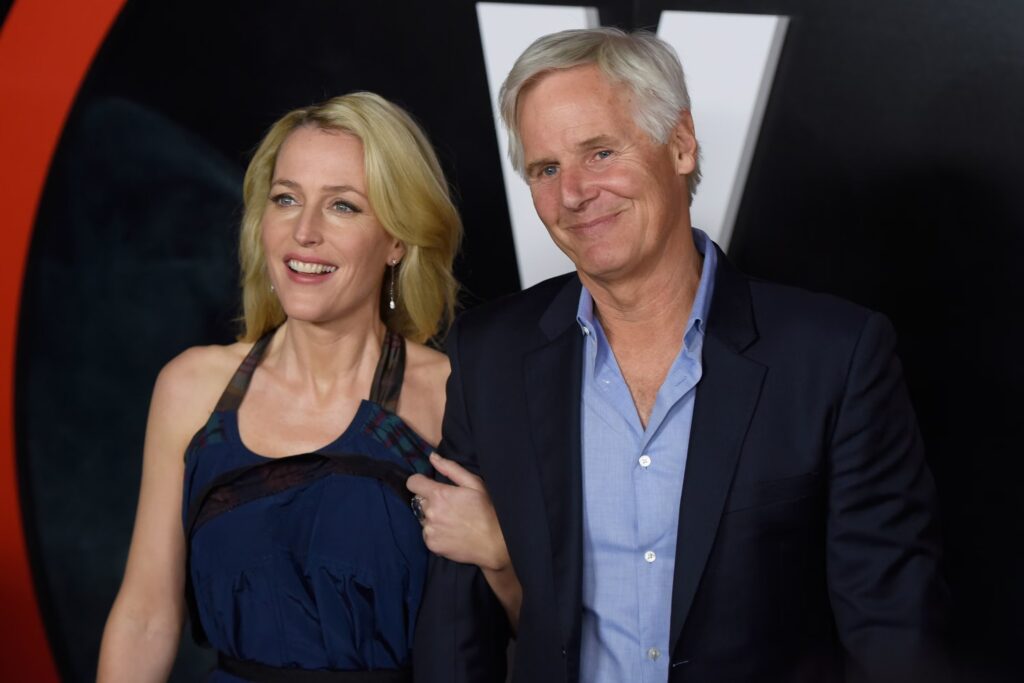
I’ll just leave this here. At The X-Files documentary screening at New York City yesterday, Chris Carter had the time of his life ending the panel with a bang! He sure likes controversy.
“She [Scully] admits or tells Mulder about her pregnancy in the final episode and that became very controversial. I mean a lot of people, I mean Avi Quijada, she closed her website down [XFilesNews], her blog, and Gillian got very angry at me and it’s like I wasn’t sure why that was but I actually sort of welcomed the controversy and I thought it was a good thing. But if you follow Scully’s maternity if you will, with Emily and with William, and — why does anyone think that this pregnancy is anything other than science fiction? This is a science fiction show, that pregnancy is… It’s spelled out actually at the beginning of the episode, where ‘The Truth Is Out There’ is something else [‘Salvator Mundi’, saviour of the world, for Jesus Christ] and it is what I had in mind. So I just want to go on record to say: it’s not necessarily Mulder and Scully’s child.”
So, the story is not over, the mystery continues, and the third child of Scully is still not quite her own. I understand his punk attitude with wanting controversy, after all here we are still raging about this, but don’t know why he persists so much with this long-dead horse. Good stories end, most would have been happy with M&S just continuing their lives, still investigating or not, with child or not.
https://twitter.com/alimen_222/status/1786585883627425933
https://www.fangoria.com/the-x-files-30th-anniversary-with-chris-carter/

